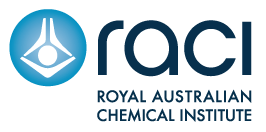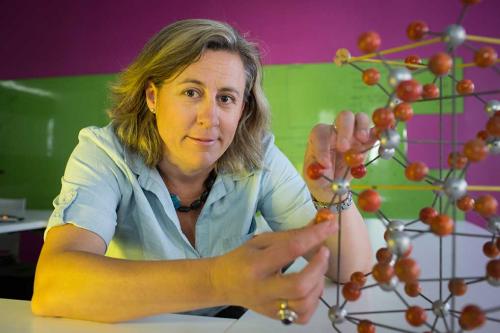At the University of New England, more than half of our chemistry students study online. Students can be located anywhere in the world, and our demographic includes a high proportion of low socioeconomic, Indigenous, remote, rural, mature age and ‘first in family’ students. Our online students typically work full time and have family responsibilities. For most of them, studying online is the only opportunity they have to participate in tertiary education. As a provider of online education, we are very experienced in supporting student learning in this mode, and we were more than ready for the COVID-19 crisis and the ‘pivot’ to online learning.
Our biggest challenge was probably our typical on-campus student. These students are primarily school leavers living at the university, in college. Their experience and interest in studying online is limited and they are hesitant to engage this way. Teaching staff also believe that online learning for this demographic is generally not a good idea. However, since lectures and labs were cancelled and on-campus students were sent home, our on-campus first year chemistry cohort has had a dramatic increase (approximately 1200%) in interaction within the online discussion forums. Enrolment and achievement so far are comparable with last year’s cohort.
What is this telling us? First, that these students were forced online for learning support, but that the support was there and they have adjusted. More importantly, I think this highlights that if student needs are met, they can succeed. To me this emphasises how important it is to acknowledge and understand diversity in learners.
Every student is completely unique, the result of a complex set of factors and influences affecting them since birth. We are seeing that online remote learning has challenged many students, in good and bad ways. Some have realised that this a great option for them; some have run screaming. For me, what this crisis has cemented in my mind is that the uniqueness of learners needs to be built into our education system from the ground up, and tertiary education is no exception.
It is easy to teach university students who are capable, interested and resilient. They will succeed with or without us, and believing ourselves to be effective educators when our able and motivated students do well will not help to improve outcomes for other students. All too often, our judgement of how a discipline should be taught and how a student should present is based on our own inherent interest and abilities. However, our teaching and learning strategies need to be based on the actual abilities and backgrounds of our students. This is intimately connected to empathy. The average academic was a successful and highly motivated student. Relating to students with low self-efficacy (which I believe is the cause of most negative study behaviours) is difficult.
When students with low self-efficacy, capacity and interest (and, boy, does that happen often in chemistry) are inspired and succeed, then we can pat ourselves on the back. We need to re-evaluate not only what we teach, but who we teach and why we teach. We should keep the bar high, but we need to help all of our students reach the bar. Our students do not start on a level playing field but I think that, without realising it, we teach as though they do. We have all been shifted out of our comfort zones and my hope is that as educators, we will develop greater empathy and understanding of the challenges many of our students face. I say that, instead of assuming the worst, it is time expect the best.



